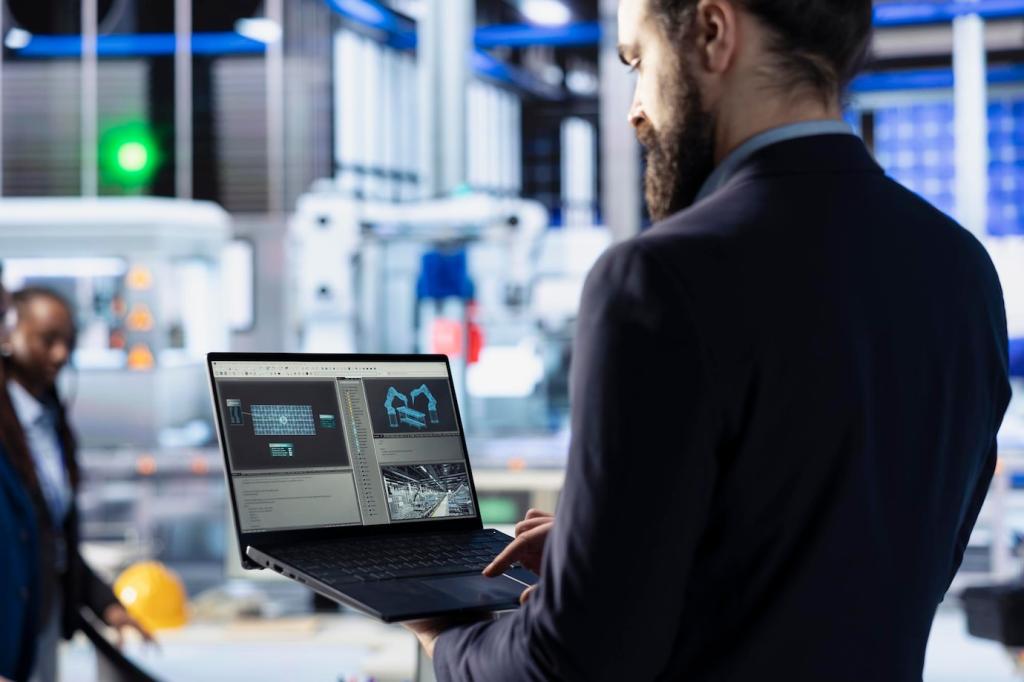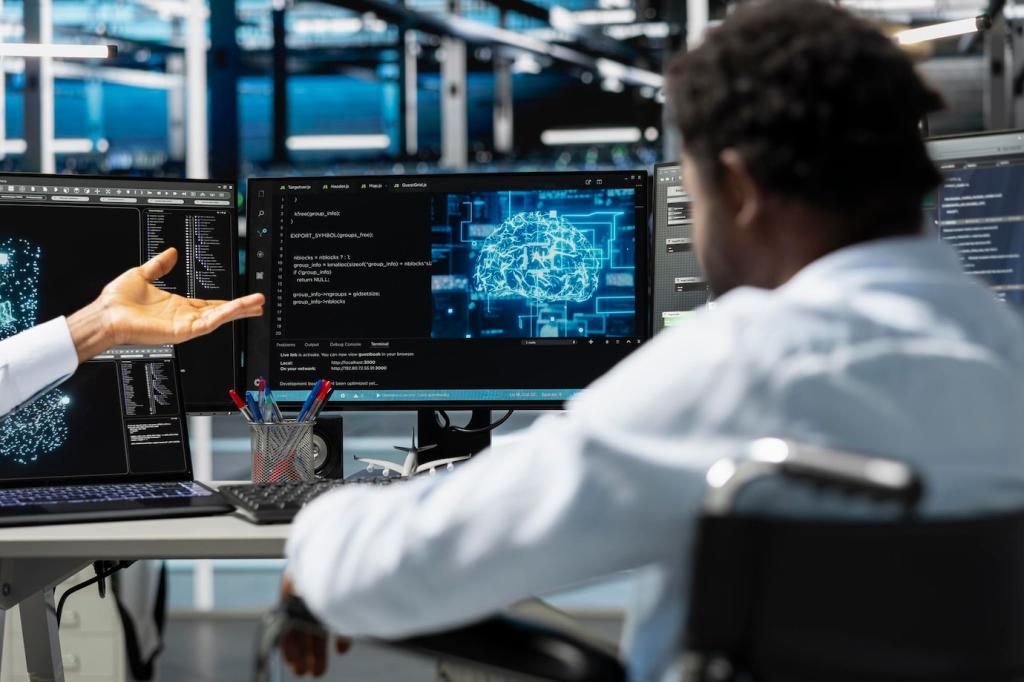The Role of AI in Modern Home Automation
Artificial intelligence (AI) has brought about a significant transformation in the way people interact with and manage their homes. Modern home automation systems now leverage AI to create smarter, more intuitive, and highly personalized living environments. From optimizing energy consumption to enhancing security and providing seamless comfort, AI stands at the core of a new era of domestic convenience. This page explores the multifaceted impact of AI in home automation, delving into its key roles and how it is shaping the future of smart homes.

Intelligent Energy Management
Learning Energy Habits
AI-enabled systems observe and analyze daily routines, identifying peak and off-peak hours of electricity usage. By learning the unique habits of a household, these systems automatically adjust lighting, heating, cooling, and appliance operation without any human intervention. For instance, if the family usually leaves for work at a certain time, the AI can power down unnecessary devices or adjust temperatures to optimize consumption. Over time, these systems become even more precise, adapting to seasonal changes and evolving household practices to maintain energy efficiency.
Predictive Maintenance
Through constant monitoring and analysis of appliances and infrastructure, AI can predict when a device is likely to fail or require servicing. This proactive approach to maintenance helps homeowners avoid unexpected breakdowns and costly emergency repairs. By scheduling timely check-ups and alerting users to irregular patterns, AI safeguards the longevity of household equipment. This not only saves money in the long term but also ensures that the home operates smoothly, increasing comfort and reliability.
Real-Time Energy Optimization
AI systems interact dynamically with real-time information from utility providers and in-home sensors, making split-second adjustments to optimize energy distribution. For example, when energy demand spikes in the neighborhood, the AI might temporarily reduce usage of non-essential devices to avoid high rates or load shedding. Integration with renewable energy sources, such as solar panels, also enables these systems to prioritize green energy usage, maximizing cost savings and reducing environmental impact.
Smart Surveillance Systems
Modern surveillance technologies utilize AI to identify unusual activities and potential threats more effectively than ever before. AI algorithms can distinguish between regular movements—such as pets or passing cars—and genuinely suspicious behavior, reducing false alarms and improving response times. With facial recognition capabilities, the system can track who enters or exits the home, granting customized access to residents and trusted guests while alerting homeowners to unrecognized individuals or anomalies.
Incident Prediction and Prevention
AI-driven systems can evaluate data from various sensors and past incidents to predict potential risks, such as attempted break-ins, fire hazards, or water leaks. By analyzing historical data, the AI can issue preemptive warnings, helping homeowners mitigate issues before they escalate into emergencies. Such systems not only react to immediate threats but also work proactively, leading to a safer environment and greater confidence for residents.

